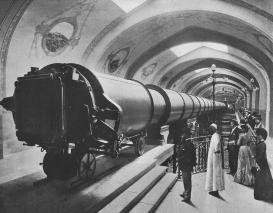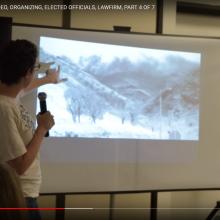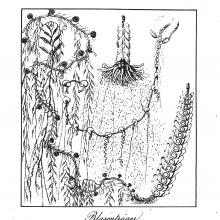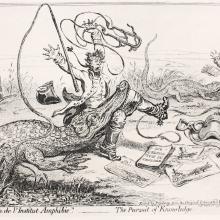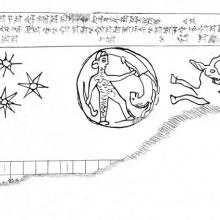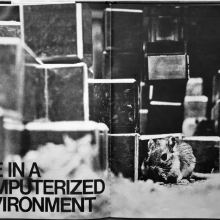In all of the history of science, there is no concept more central and more contested than modernity.
Central: the history of science owes its origins as a discipline to a narrative that made the Scientific Revolution of seventeenth-century Europe the Big Bang event that began the modern world. The chronology and geography of not only the history of science but that of history in general has been shaped by this view of modernity as a unique, hugely consequential event that not only enabled European dominance on a global scale but also opened up a chasm between modernity and all that came before within European history—and between Europe and the rest of the world.
Contested: even within the history of science, there is heated debate about just what and when modernity was: the Scientific Revolution of the seventeenth century? The alliance between science and industrial technology in the nineteenth century? The intellectual earthquakes of the twentieth century first in physics, then in biology?
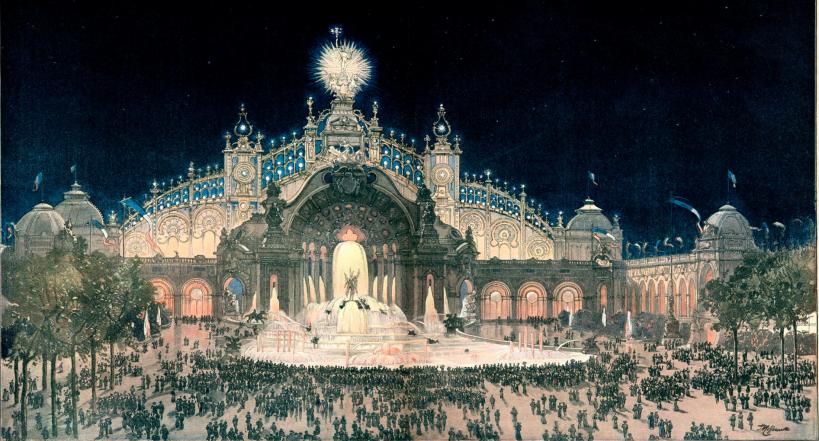
Palace of Electricity, Exposition Universelle, Paris (1900).
Taking a broader view, modernity is often used polemically to mark the boundaries between societies that have science and those that have knowledge—or, more starkly, between progressive societies speeding toward the future and regressive societies mired in the past. Or, still more starkly, the West and the Rest. This is also a disciplinary debate within the history of science, as ever more universities query the value (or even the existence) of the history of premodern science. Whatever and whenever modernity was, and whether it was a good thing or bad, it still stokes controversy, carves up geography and chronology, and draws a stark line between winners and losers in an imagined world-historical race toward the big M.
We are long overdue for a rethinking of the place of modernity in the history of science. Because the MPIWG has since its inception taken a panoramic view of its subject matter—lengthening the time scale, widening the geography, expanding the spectrum of disciplines studied—it seems the right place to launch a series of reflections on new narratives, new chronologies, and new geographies in the history of science.

